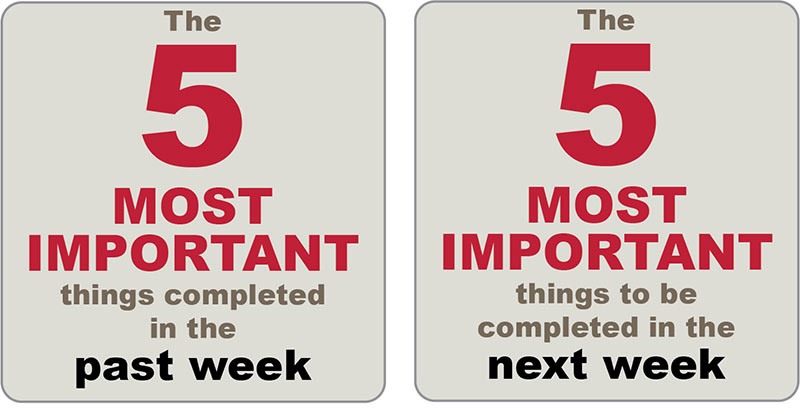Getting new gift officers off to a strong start is important to their future success. They need to feel supported, appreciated, and wanted. Having a thorough onboarding plan is only part of that process. While getting a campus tour to orient them to their new surroundings and providing them with new supplies and office keys are important, what they really want and need is their supervisors’ time and attention. Unfortunately, the “welcome to the team” experience from a new boss normally consists of a first day lunch followed by, “Well, that was fun. We sure are glad to have you. My door is always open to you. I don’t like to micromanage, so just let me know if you have any questions. Happy fundraising!” The boss may not darken their door again for weeks.
Actively and visibly supporting new hires during their first 3-6 months has been shown to not only accelerate their success, but also lessen the chances they leave for greener pastures. Understanding that managers are busy, we recommend the use of a simple tool called the List of 10.
The List of 10 is simply a prioritized to-do list that a manager requests of a new gift officer on a weekly basis. It’s called the List of 10 because it will contain the following 10 items:

Each week, the manager and new hire spend 30 minutes (sometimes even just 15) going through the List of 10. Stick to a set day and meet in person. The review loses its impact when not done weekly and in-person. Part of the power of the List of 10 is that the new hire gets time and personal attention from the manager.
The list of 10 does three important things for the new hire:
- It immediately puts the new hire in a place where there is a sense of ownership of job responsibilities, while also providing a safety net.
- It enables the new hire to learn and practice the Pareto Principle (80/20 rule), where 20% of activities will result in 80% of production.
- It helps the new officer prioritize the important over the urgent. Emails, last minute requests, unscheduled calls and meetings will all happen. Finding ways to complete the important tasks, whether they be planned or unplanned, will be important.
The List of 10 also provides some important early feedback to the manager:
- It gives the manager a sense of how the new officer sets priorities and what he or she considers important to success. Sometimes this needs active coaching for choosing the 5 MOST IMPORTANT things.
- It provides the manager early insight into the new hire’s ability to follow through on commitments. If the new officer is not following through, the manager can explore if it is due to inexperience or bad process. If it is a work ethic issue, it is important to discuss early and clarify expectations.
- It shows the manager how resourceful the new officer is. Clearly stating weekly priorities puts the new hire in charge of his or her success. The manager sees if the new hire has a can-do attitude to find a way to get the job done in spite of imperfect conditions. If a weekly pattern of making excuses for not accomplishing tasks becomes apparent, immediate attention is required.
Accomplishing 5 priority tasks per week means 230 MOST IMPORTANT tasks per year. The List of 10 becomes powerful when practiced with discipline and commitment. If a typical gift officer is expected to make 180–240 visits per year, the List of 10 keeps a strong focus on the best donors and prospective donors. More importantly, it requires the activities to be productive because the gift officer realizes he or she will be asked about the outcomes during the weekly review session.
The List of 10 provides a way to manage the tasks that mean the most to achieving a new hire’s goals. Not only can the tool make the onboarding process more fulfilling and effective for new hires and their managers, it is a useful tool for ALL gift officers and fundraising staff in making them more productive, efficient, and successful in their roles.
A talented, experienced fundraising staff is critical to your short- and long-term success. The market for strong development talent is extremely competitive, and BWF can help create strategies for effective talent management, provide training and tools to build stronger teams, and offer new programs that retain and facilitate in-house career growth.




